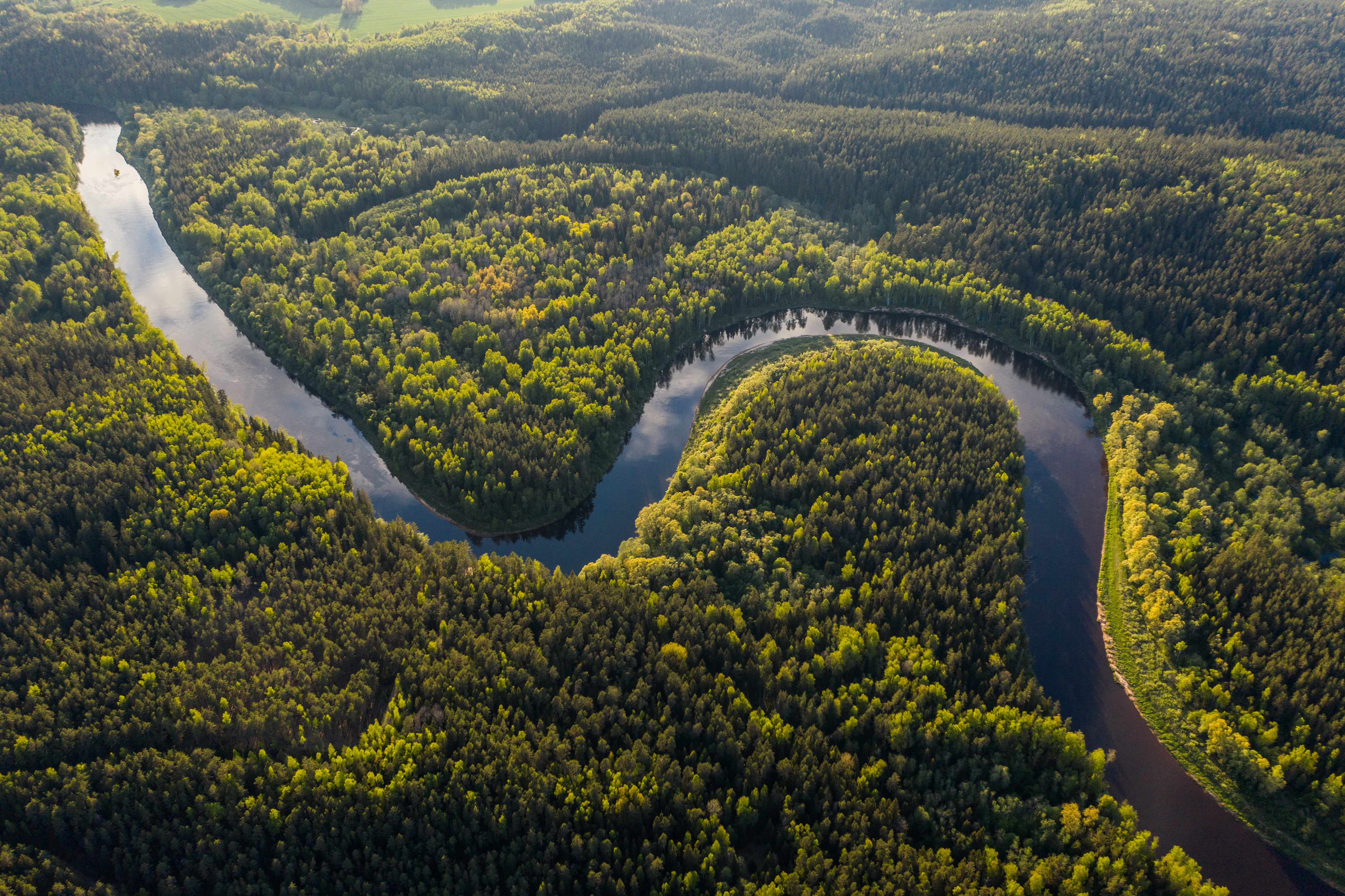Media release
From:
Comment: Rich nations should pay for the loss and damage of biodiversity loss
Financial compensation should be paid by rich nations for the loss and damage of biodiversity disproportionately affecting the Global South, argue Dilys Roe and co-authors in a Comment piece in Nature Ecology & Evolution.
‘Loss and damage’ is a familiar concept in climate change negotiations: at the 2022 United Nations COP27 climate conference, dedicated arrangements were established to pay for the impacts of climate change in countries of the Global South through direct finance. This concept acknowledges not only the greater vulnerability of those countries to climate change, but also the culpability of rich nations in creating the problem.
Roe and co-authors highlight similarities with biodiversity loss, which is driven by habitat loss and over-exploitation of natural systems to meet the consumption demands primarily of the Global North. Like climate change, biodiversity loss is happening everywhere, but the opportunities for destructive expansion of mining, agriculture and deforestation have been predominantly located in poorer nations. For local people, this means loss of resources for food and energy, fewer income opportunities, and losses of territory and of cultural values. The authors discuss how potential economic opportunities for these countries are undermined by historical injustices and power imbalances.
The Kunming-Montreal Global Biodiversity Framework (GBF), and the linked decision on resource mobilization, agreed at the biodiversity COP15 in 2022, specified that countries of the Global North should pay more to halt and reverse biodiversity loss — but it did not discuss compensation. “Going forward … there would be a case for countries of the Global South to push for loss and damage-type discussions through the GBF Fund”, the authors conclude.
This press release refers to a Nature Ecology & Evolution Comment piece, not a Nature Ecology & Evolution research paper or article. Comment pieces are topical, authoritative Op-Eds pertaining to scientific research and its ramifications.
***



 International
International



